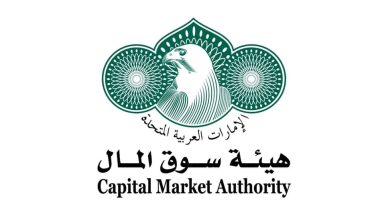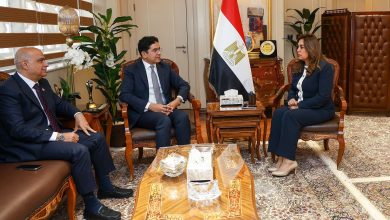Zakat is one of the fundamental pillars upon which the Islamic society is built. It is not merely a financial duty or a charitable act, but a comprehensive social and economic system designed to establish balance between members of the community and eliminate poverty, need, and social inequality. Through zakat, Islam transforms faith into action, and worship into a means of mercy and justice among people.
Allah Almighty says:
“Take, [O Muhammad], from their wealth a charity by which you purify them and cause them increase.” [At-Tawbah: 103]
This verse reveals that zakat purifies the soul from greed and selfishness, cleanses wealth, and spreads blessings. It ensures that wealth does not become concentrated in the hands of a few, but circulates to benefit the whole society. In Islam, wealth is not an end in itself but a means to serve the common good and fulfill the rights of Allah and His creation.
Zakat instills in Muslims a sense of social responsibility. Every believer is called to share part of what Allah has granted them with those in need, creating a bond of solidarity that prevents division and resentment. Allah clearly defined the rightful recipients of zakat in the Qur’an:
“Zakah expenditures are only for the poor and for the needy…” [At-Tawbah: 60]
This divine categorization ensures that zakat reaches those who truly deserve it, fulfilling its purpose of justice and compassion.
Beyond its economic dimension, zakat is a moral and spiritual education. It teaches generosity, empathy, and humility. It reminds the wealthy that their possessions are a trust, not an absolute right, and that giving purifies both giver and receiver. The believer who pays zakat feels connected to the greater body of the Ummah, contributing to its wellbeing as part of his devotion to Allah.
History bears witness to the transformative power of zakat. In the time of the Rightly Guided Caliphs, poverty nearly disappeared, and under the rule of Caliph Umar ibn Abd al-Aziz, it was reported that no one remained in need of zakat because it had been distributed justly and effectively. Such was the strength of a community guided by faith and fairness.
Zakat also plays a vital role in economic development. It moves stagnant wealth into productive circulation, supports small enterprises, and empowers the poor to become self-reliant rather than dependent. In doing so, it builds a balanced society based on equity and dignity for all.
Thus, zakat is far more than a religious obligation; it is a social contract, a system of divine justice that bridges the gap between rich and poor, fosters compassion, and promotes harmony. It balances the spiritual and material aspects of life, reminding humankind that wealth is a responsibility, not a privilege.
By reviving the true spirit of zakat today, Muslim societies can confront modern challenges of inequality and greed. For Islam’s vision of justice is not achieved through laws alone, but through sincere faith that turns compassion into action and wealth into a means of mercy.









